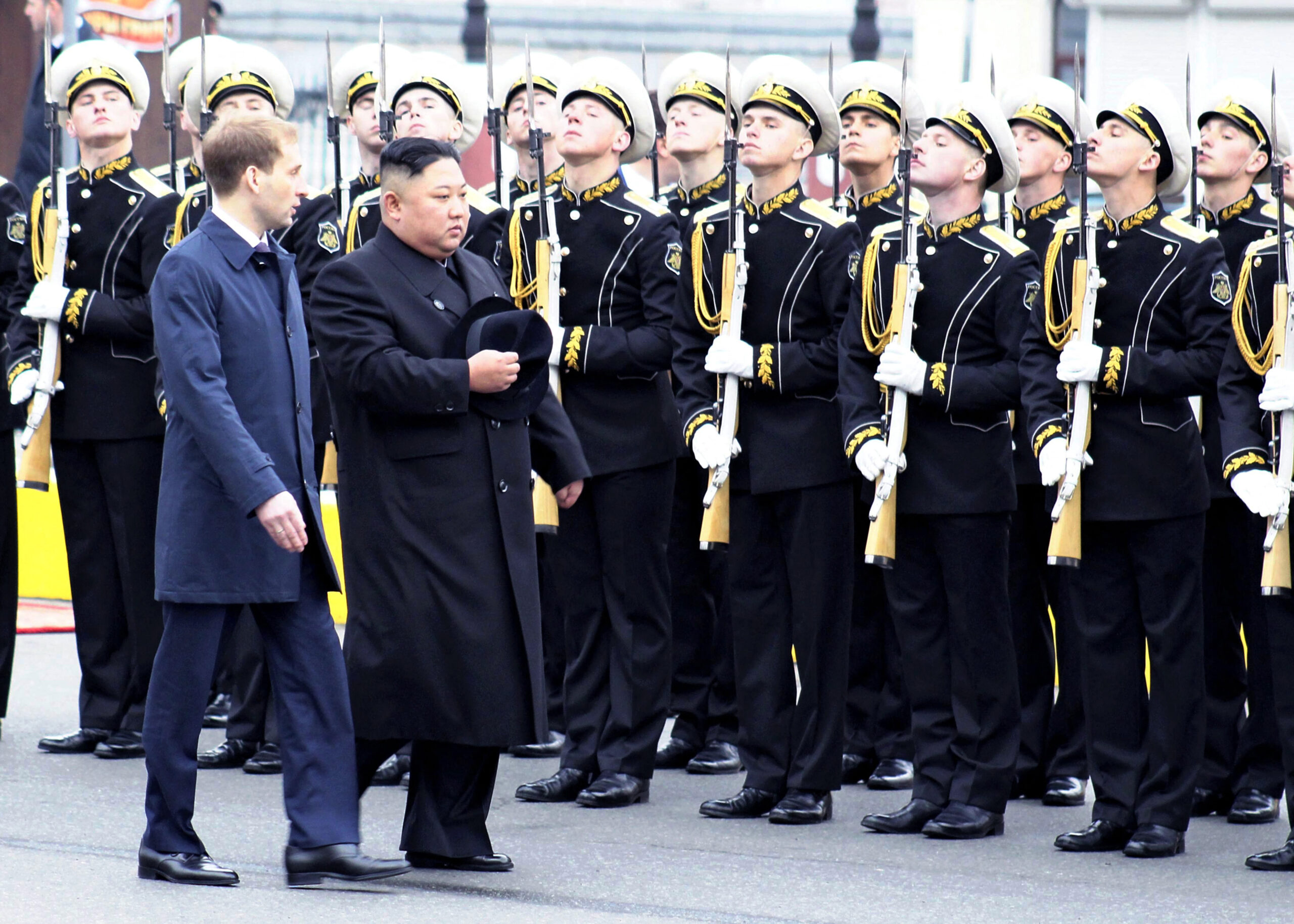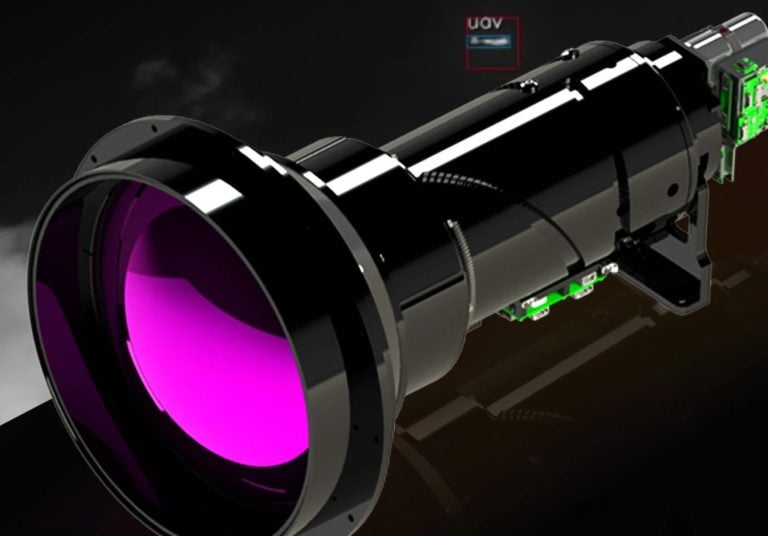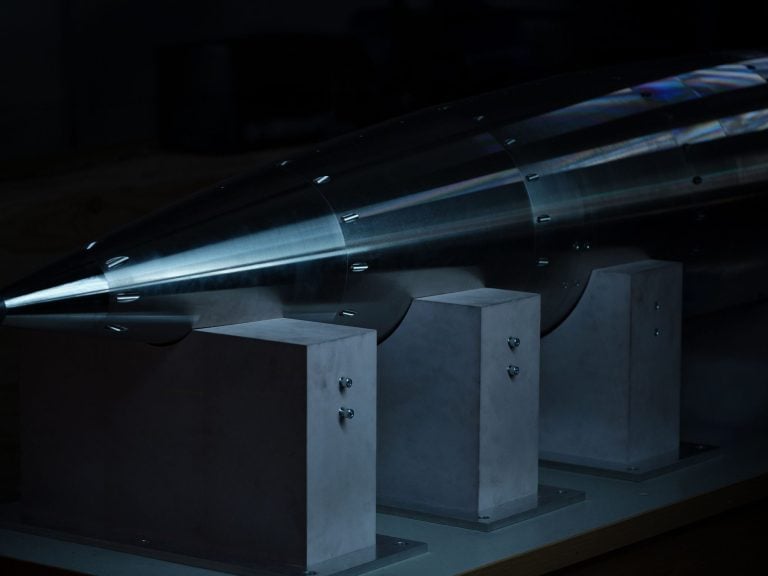The United States, Japan, and South Korea have reaffirmed their commitment to pursuing the “complete denuclearization” of North Korea, as stated in a joint declaration made public following meetings involving key officials from the three nations. This announcement was made after new U.S. Secretary of State Marco Rubio engaged in discussions with South Korean Foreign Minister Choe Tae-yul and Japan’s Foreign Minister Takeshi Iwaya on the sidelines of the Munich Security Conference.
In their statement, the leaders expressed a strong resolve to address concerns surrounding North Korea’s advancing nuclear and missile capabilities, as well as its involvement in malicious cyber activities, including cryptocurrency theft. They noted with alarm the increasing military cooperation between North Korea and Russia, which has further escalated tensions in the region. The joint statement emphasized their collective stance: “We will not tolerate any provocations or threats to our homelands,” and reiterated their intention to uphold and enhance international sanctions against Pyongyang.
Additionally, the three nations underscored the importance of addressing humanitarian issues, committing themselves to the resolution of cases involving abductees, detainees, and unrepatriated prisoners of war, along with the plight of families separated by political circumstances.
North Korea remains largely isolated on the global stage, facing extensive diplomatic and economic sanctions, and has steadfastly continued its development of nuclear weapons. The relationship between the U.S. and North Korea has been marked by fluctuating interactions; previous President Donald Trump had engaged in unprecedented summits with North Korean leader Kim Jong Un, which raised hopes for diplomatic resolutions. However, despite these engagements, North Korea recently declared its nuclear program would persist indefinitely.
Tensions have resurfaced following Rubio’s categorization of North Korea as a “rogue state” during a radio interview, provoking a stern response from Pyongyang. The North Korean government has asserted its intolerance for what it perceives as provocations by the United States, including criticism of recent military movements such as the deployment of a U.S. nuclear submarine to South Korea.
With a crucial summit between Trump and Kim in Hanoi collapsing in 2019 over disputes related to sanctions relief, the path to resolving the North Korean nuclear issue appears fraught with challenges.







